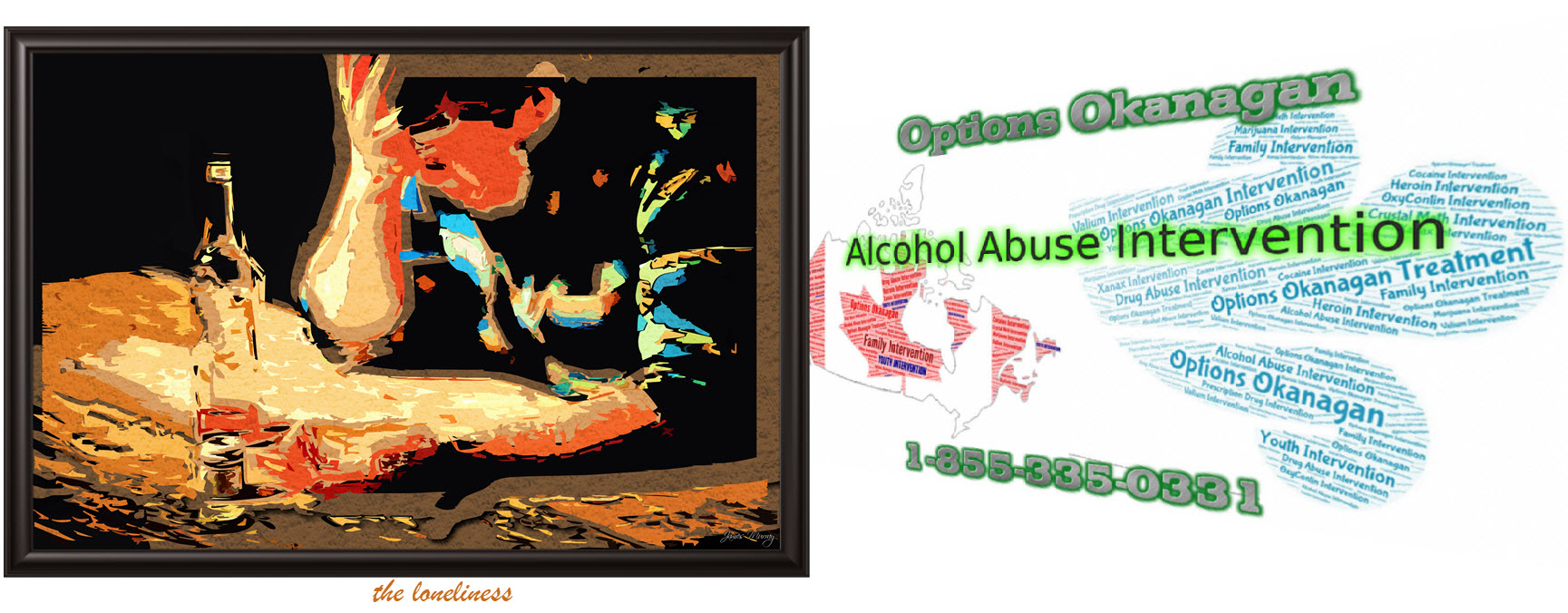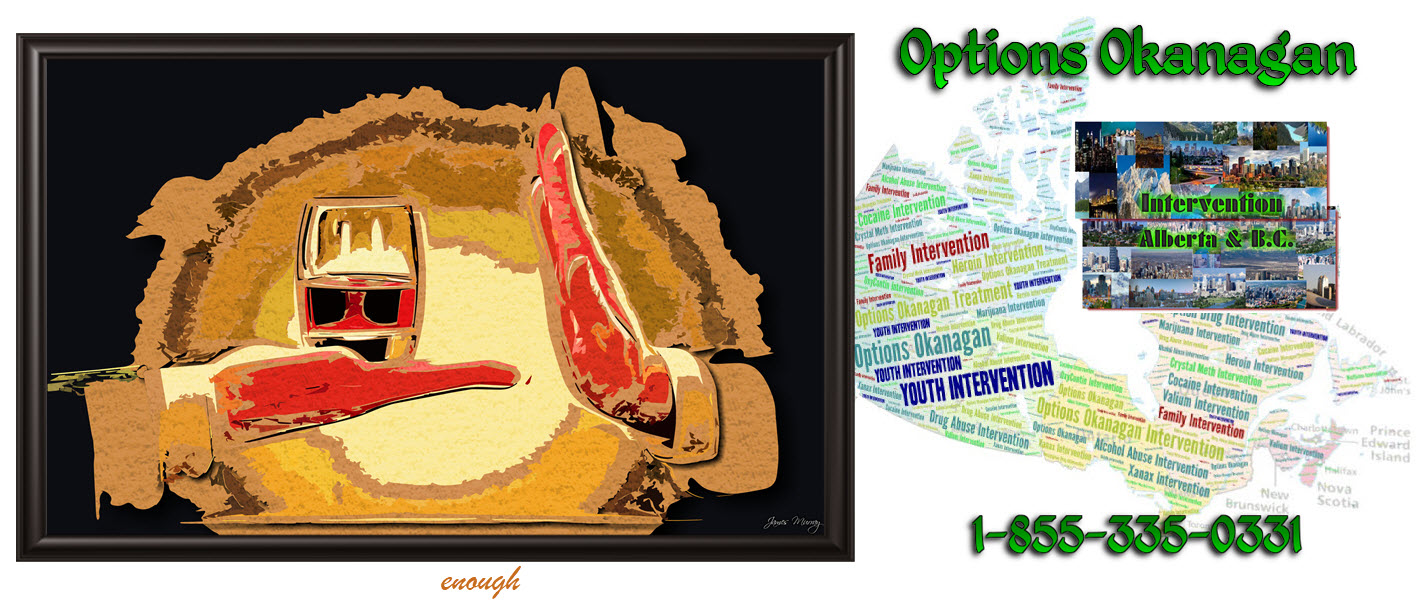Alcohol use disorders or (AUD) and restaurant workers in BC and Alberta. Opioids, drug and alcohol rehab treatment centers in British Columbia and Alberta – Options Treatment Center in Kelowna, British Columbia treating drug, opiate, opioid, heroin, and alcohol addiction and recovery.
Rehabilitation for Alcoholism in BC and Alberta
Alcohol USE Disorder (AUD) causes constant trouble and suffering for restaurant workers
Substance abuse and addiction is proving to be a major health problem for workers in the food industry. Those who work in this particular industry are more likely to engage in heavy alcohol and even drug use than in almost any other workplace occupation.
Excessive drinking poses health problems not only for participants, but also for wider public health, as injuries and accidents are more likely to occur both on and off the job, placing participating workers at increased risk of various health problems being exposed. Heavy drinking can also increase the risk of drug use disorders for workers, making it difficult for workers recovering from drinking problems to manage their life properly.
The third highest rate of alcohol use and the highest rate of drug use
National health and drug surveys have been conducted in Canada and the United States. They found that while 9.3% of all workers in both countries drank heavily, the percentage among restaurant workers was 14.6%. The only industries with higher alcohol consumption among workers were construction with 19.1 percent and mining with 21.3 percent higher.
However, the hotel and accommodation industry is the leader in all sectors in terms of illicit drug use among all occupational sectors studied. More than 24 percent of workers in industry reported using illegal drugs, more than the second highest percentage of 16.4 percent of recreational, arts and entertainment workers. Both account for more than 9.2 percent of all American and Canadian workers.
The study also found that those working in the food and housing sectors had the highest rates of substance use disorders at 22.9 percent last year.
Community expectations and availability
There are a number of factors that are likely to contribute to the high rates of substance abuse in this industry. Foodservice workers tend to be young adults and already have higher rates of drug and alcohol use than older people. In addition, those who have a drug use disorder or are at risk for multiple drug use disorders are more likely to be job seekers in this industry. In addition, alcohol is widely available in bars and restaurants, which can contribute to alcohol consumption by individuals working in these particular establishments.
Working in the food industry usually involves not only a constant presence of alcohol, but also an expectation of alcohol friendliness. This can lead to knowledge of the drinks that are on the menus so that recommendations can be made. Bartenders may be asked to take a shot or drink if a visitor offers to buy one.
Work Tolerance
A greater tolerance for intoxication in the workplace can also lead to alcohol and problems among restaurant workers. Bartenders, as a specialty, are usually not allowed, but even expected to have a few drinks while on the job.
Another study of different drinking habits in the food industry was conducted and later published by one of the leading journals focusing on behavioral health in the workplace and found that money-making tips can also encourage heavy drinking. Many of the bartenders and waitresses involved in the study reported that they found it difficult to limit their drinking when they went out with friends after work if they had a lot of money from tipping.
The social network, which consists mostly of bartenders and waiters from nearby restaurants, is another factor leading to frequent drinking outside of work hours, according to research. Many of these workers report drinking at other people’s bars in their spare time because they can visit acquaintances and friends, and because many workers tend to make concessions to one another under mutual protection.
Drug and alcohol rehab treatment centers understand the significance of offering aftercare services for the full recovery of the patient.
Options Okanagan Opiate and Alcohol Treatment Centers in Kelowna, Salmon Arm (Shuswap) and Vancouver, British Columbia – Men and Women are recovering and healing from Alcohol and Drug Abuse at our treatment center here in the Okanagan right now.
Our unique and distinctive Opiate Drug and Alcohol treatment program allows men and women to come in from Calgary as well as Edmonton as we offer airport pickup.
Numerous clients come to us from Vancouver, Calgary and Edmonton and other locations in Alberta and even other provinces for Opiate addiction treatment, heroin drug treatment, many other drug and alcohol addictions for rehabilitation because of the uniqueness of our treatment center.
Our (Kelowna) Alcohol and Drug Treatment Program Location:
(Not Mailing Address) – Contact Us – Web Page
For Mail Delivery :: Please contact each center for correct mailing addresses, also this location is the location of our residential treatment programs in Kelowna. Please call Toll Free 1-855-335-0331 – to contact the treatment center you are going to for the address and directions.
Options Okanagan Drug and Opiate Treatment Center
551 Sherrydale Crescent, Kelowna, British Columbia, V1V 2E6
Toll-Free Phone Number: 1-855-335-0331




